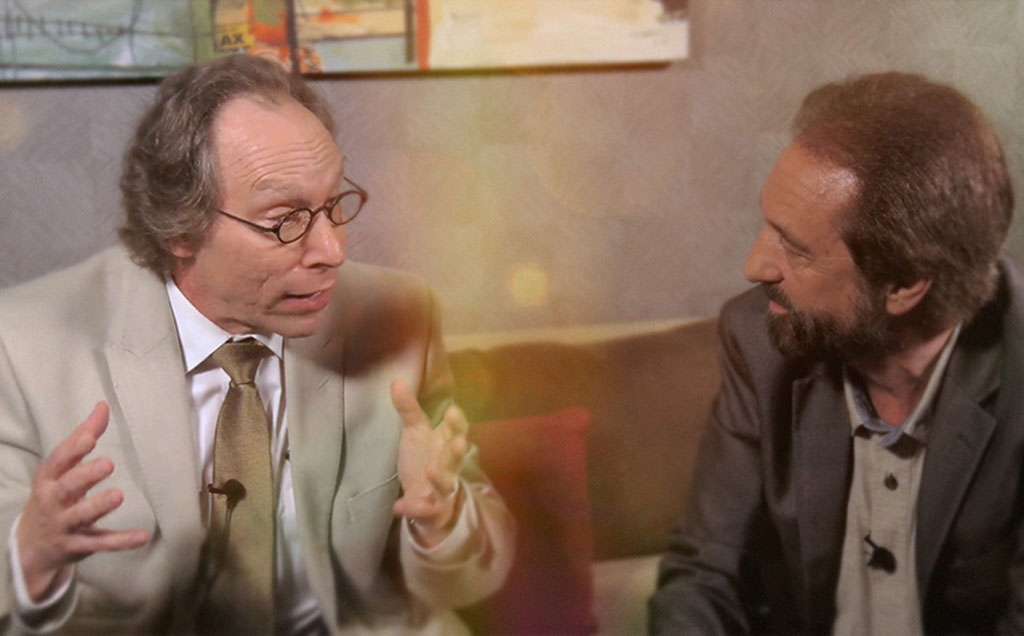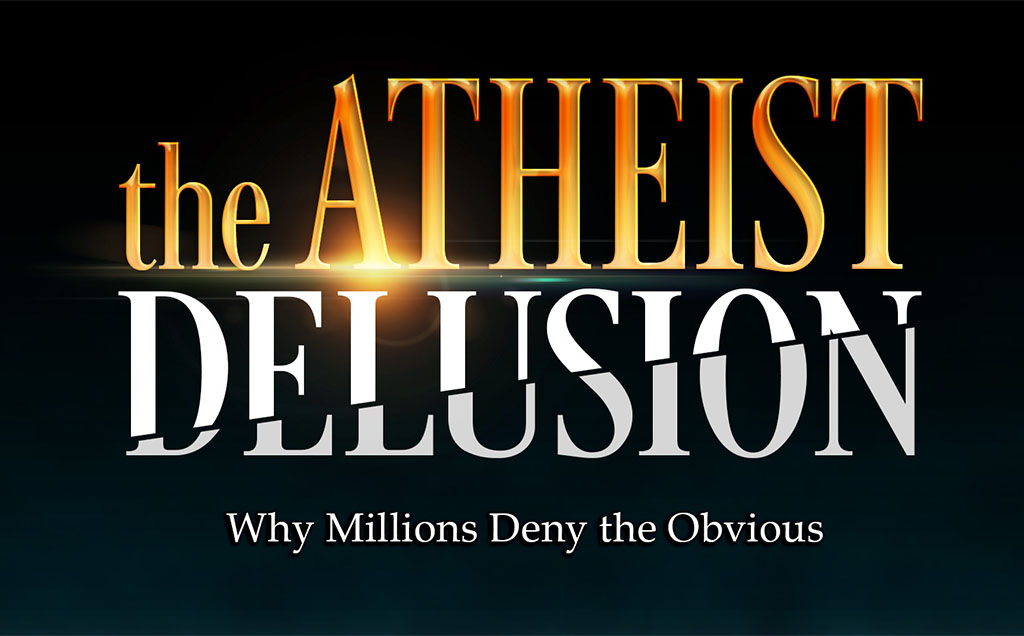
In his latest evangelical documentary, The Atheist Delusion, Ray Comfort manages to condense staggering amounts of logical fallacies and outright falsehoods into one hour.
The film consists mostly of man-on-the-street interviews, interspersed with stock footage of nature and celebrity interviews to accompany his evangelical arguments. The film attempts to refute the concept of atheism by debunking the theories of evolution and the Big Bang.
In reality, atheism makes no claim on the origin of the universe or the process through which life emerged. Atheism is simply the lack of a belief in a god. Atheism, evolution and the Big Bang Theory, while not mutually exclusive, are completely separate concepts that should not be conflated. Despite the inherently flawed nature of the premise, the documentary portrays the aforementioned theories as fundamental components of atheism.
The Atheist Delusion centers around a series of interviews with atheists wherein Ray Comfort—the film’s director—attempts to defeat their arguments. Of those interviewed, all but two are college students. Comfort’s films often feature college students, considering their often shallow and ineloquent responses.
Comfort asks a series of leading questions and rhetorical follow-up questions that set up each argument for intelligent design. Comfort often prefaces or qualifies these questions in an attempt to create response bias, throwing in assertions that skew the participants’ view of the topics of said questions. For instance, he asks “You’re an atheist, so you believe the scientific impossibility that nothing created everything?” In doing this, he tries to influence the responses of the participants. For if he can control their responses, he can control the narrative. For if one controls the narrative, one controls the argument. This results in an intentionally disingenuous representation of atheists as unscientific and irrational.
However, selectiveness in the interview process and the use of misleading phrasing remain only a few of the tactics Comfort employs to control the narrative. The editing in this film is patently extensive and intentionally obscures the truth. On numerous occasions, a person’s response cuts off before his or her point is fully expressed. This creates the illusion that the subjects know less than they do.
In another example of devious editing, Comfort interviews theoretical physicist Lawrence Krauss and states that he asked Krauss the same questions he asked in the other interviews. But the movie only shows Krauss answering one of the questions before it cuts away to the next scene. How convenient that the only participant qualified to answer the majority of Comfort’s questions answers the least amount of questions of anyone in the film.
Another devious tactic Ray Comfort uses, the gish gallop, has ties to creationist rhetoricians dating back to biochemist and devout baptist Duane Gish, for whom the term is named. Eugenie Scott, executive director of the National Center for Science Education and the creator of the term, describes the approach as “where the creationist is allowed to run on for 45 minutes or an hour, spewing forth torrents of error that the evolutionist hasn’t a prayer of refuting in the format of a debate.” During his encounters with atheists, Ray Comfort often uses the gish gallop as a means to overwhelm and disorient his opponent, so that he may appear more knowledgeable and convicted.
To convince those interviewed of the merits of creation, Ray Comfort uses the analogy of a book to illustrate the complexity of a man-made object, likening such to the complexity of that which is not man-made, such as DNA. He argues that if one comes across a book, he will assume it had a creator, due to its intricacy, pattern, shape and the fact that the writings within it contain words that form coherent sentences. He infers that because of the book’s complexity, it must have an author. In the analogy, the book is to the author, as god is to the universe.
The film’s tagline, “Atheism destroyed with one scientific question,” implies something new and groundbreaking, an argument that single-handedly debunks atheism. However, the analogy mentioned in the previous paragraph in no way resembles that which the tagline implies. Rather, the argument at hand already exists and has a name: the teleological argument. The teleological argument dates back to the arguments of Socrates. Needless to say, it is nothing new. At its core, this argument commits a logical fallacy known as an argument from personal incredulity. In other words, simply because one finds a concept difficult to believe, they deny its existence. Additionally, this argument loses all credibility when used by Christians because they believe that their god came from nothing.
In an attempt to refute the theory of evolution, Ray Comfort coasts off the misapprehension that evolution suggests organs evolved separately and abruptly. One should note that the following quote comes directly from one of the interviews in the documentary: “If you really believe in evolution, before [the chicken] had eyes, how did it see? Because the eyes had to evolve, because the thing’s evolving from stardust. Did it have a brain? Or it couldn’t have a brain until a brain evolved. So how did it think to look for food? And where did the food come from? And why did the food evolve? And did they have lungs? Do you think the chicken thing before it evolved had lungs?” Ray Comfort fires this uninterrupted string of rhetorical questions at one atheist before giving him the opportunity to respond. This epitomizes the Gish Gallop.
Moreover, studies show that given its fossil record and ancestry, the chicken has never been without eyes, a brain or lungs. Furthermore, plenty of organisms thrive despite the supposed hindrances Comfort mentions: moles survive without eyes, jellyfish survive without brains, lungless salamanders ostensibly survive without lungs and bacteria have lived for billions of years, despite possessing none of the aforementioned organs.
For a documentary that boasts the destruction of atheism “with one scientific question,” its arguments are flimsy and archaic. It markets itself as bold and hard-hitting, but brings nothing new to the table, parroting the rhetoric of countless other evangelists in torrents of blatantly false and misleading statements.
The Hilights
Movie: The Atheist Delusion
Starring: Ray Comfort
Genre: Documentary
Length: 62 minutes
Rating: 1/5 stars
For more Boone Pubs reviews, click here for a breakdown of what Doctor Strange means for the Marvel Cinematic Universe and here for a review of Designated Survivor.
